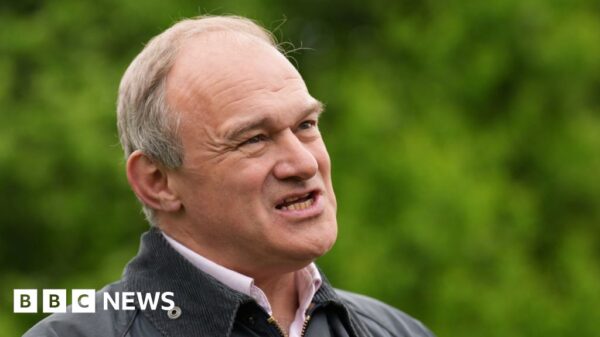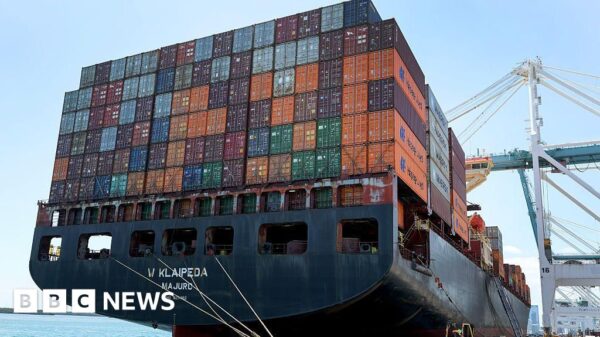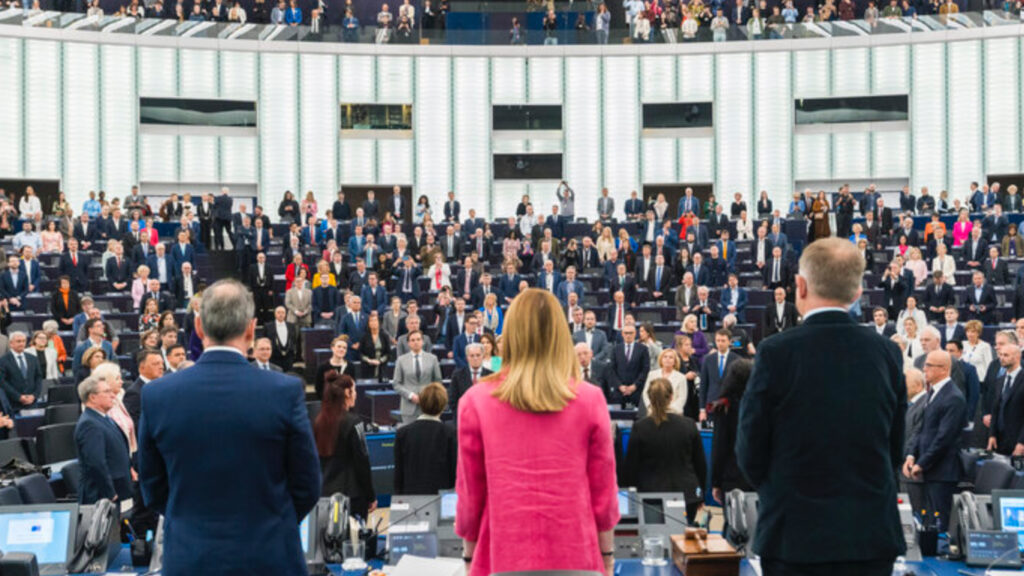Parliamentary questions are regarded as a key element in the democratic control process, a quick and easy means of forcing political leaders and the agencies under their control to account for their actions, of defending citizens’ rights, and as a ready source of information for citizens and media on what happens behind closed doors. Recently there has been a concerted effort to reduce the use of parliamentary questions in the European Parliament. Those efforts have been strikingly successful, writes former Irish Minister for EU Affairs Dick Roche.
Steady Growth and Rapid decline
Between 1995 and 2005 the number of written parliamentary questions tabled in the EU Parliament grew steadily. In 1995 just under 3500 PQs were tabled. That rose to 6,284 in 2005. In 2015 that number peaked at just under 15,500.
Since then, the number of questions has dropped dramatically. In 2016 the number of written PQs fell to 9,465, a 40 % drop. By 2020 the number was down more than 50 percent. In 2023 only 3,703 questions were processed, less than a quarter of the questions taken in 2015.
The right of MEPs to submit written questions is tightly constrained. An MEP may submit a maximum of twenty questions over a rolling three-month period. Additionally, draft PQs must be approved by the President before being forwarded to the Commission for response.
Where similar questions have already been tabled, MEPs are ‘encouraged’ not to proceed and to either refer to an answer that has already been given or, to await the answer to a question that is in process.
While rules governing the content of parliamentary questions exist in all parliaments the willingness of MEPs to submit themselves to the ‘self-censorship’ exercised in the EU Parliament is hard to envisage elsewhere.
The process of ‘encouraging’ MEPs to refrain from submitting legitimate questions has significant downsides. In addition to its chilling effect on the pursuit of issues that MEPs regard as important, the practice means that the level of concern existing on an issue, or the geographical range of that concern is not reflected in the Parliamentary record.
The approach also presumes that the reply applied to one MEP satisfies the concerns of other Members. It is a convenient ‘let out’ for the Commission discouraging ongoing critical interrogation of issues.
Oral Questions and Question Time
The EU Parliament’s rules on Oral Parliamentary Questions and Question Time are extraordinarily restrictive.
Questions for ‘oral answer with debate’ must be submitted to the Parliament’s President who refers them to the Conference of Presidents which decides the questions that make it to the Parliament’s agenda. The questions that are to go on the agenda must be given to the Commission at least one week before the sitting of the Parliament on which they are to be taken. In the case of questions to the Council, the notice period is three weeks. Only 57 oral questions were taken in the EU Parliament in 2023.
Question time, so often the focus of public attention in national Parliaments is a tightly restrained affair in the EU Parliament. Question Time may be held at each part-session for a duration of up to 90 minutes on one or more specific horizontal themes to be decided upon by the Conference of Presidents one month in advance of the part-session.’
MEPs selected to participate in question time, have one minute to put their questions. The Commissioner has two minutes to reply. The MEP has 30 seconds for a supplementary question, and the Commissioner has two minutes to respond.
Slow and Slipshod Responses
The effectiveness of the PQ system in the EU Parliament is further undermined by slow response times and extraordinarily slipshod replies.
Replies to “priority questions” are required to be answered within three weeks. Other questions must be answered within six weeks. These time targets are breached more often than they are observed.
There is also widescale criticism regarding the quality of responses from the Commission. Replies are criticized as dodging the issues raised, as incomplete, misleading, dismissive, not infrequently bordering on disrespectful, and occasionally simply false.
All these weaknesses were demonstrated recently in the handling of Parliamentary Questions relating to a report produced in March 2023 by the European Insurance and Occupational Pensions Authority, EIOPA. [ https://www.eureporter.co/world/romania/2024/01/25/keeping-the-european-parliament-in-the-dark-about-eiopa/ ]
Between March 2023 and February 2024, the Commission answered twelve questions related to EIOPA. Most of the responses failed to meet the six-week deadline. Replies given were defensive, evasive, or both.
All responses could be reasonably described as inadequate. Links cited by the Commission in some of the PQ replies led to documents that were either ‘access denied’ or had key paragraphs redacted. Access to the EIOPA report itself was denied.
Having fielded questions over a number of months, the Commission confessed that it had not seen the EIOPA report. Replying to a question as to how it referenced concerns expressed in a report, that it had not seen, the Commission suggested that “it could be inferred that EIOPA” had concerns in the case.
In several responses, the Commission stated that it had “not received any evidence of irregularities related to the preparation or content of the EIOPA report.” Irregularities were not alleged in any of the questions where this line was put forward in the Commission’s answers. Quite why the Commission felt it needed to deny an allegation that was not put is unclear.
It seems fair to comment that the tenor and content of the PQ responses would not be tolerated in any national parliament.
Rendering the EU Parliament toothless.
The parliamentary question system in the EU Parliament is weak. The drive to curb the European Parliament’s capacity to hold the Commission and other agencies to account through parliamentary questions has not, as one might expect, come entirely from the Commission: it had strong support within the parliament.
That was demonstrated in 2015 in a Parliamentary Question submitted by the shadow rapporteur on the 2016 budget from the S&D group [ https://www.europarl.europa.eu/doceo/document/P-8-2015-006180_EN.html ].
The MEP submitting the question referred to “the flood of written questions (that) must be a huge burden for the Commission” and claimed credit for persuading “the main political groups to reach a consensus on the matter” of reversing the growth in PQs enabling MEPs to “focus on their principle task – legislative work.”
Support for weakening the PQ system from within the Parliament was visible again in a note produced in 2014 by a senior staffer of the parliament which stressed the need to “reduce access” to some MEP activities, including the submission of written questions.
The passivity with which MEPs have accepted the efforts to suppress the use of PQs is striking. It is hard to imagine members of national parliaments accepting, let alone advocating for the suppression of PQs.
By allowing the PQ system to be weakened, without requiring that an equally flexible and powerful alternative be put in its place, MEPs have allowed the European Parliament to become a toothless guardian.
When the new Parliament forms after the June elections there will be an opportunity for the incoming Members to consider strengthening the PQ arrangements that apply in the Tenth Parliament. It will be interesting to see if the ‘class of 2024’ steps up to the challenge.
Dick Roche is a former Irish Minister for EU Affairs and a former Minister for the EU Parliament. He served in Dail Eireann and Seanad Eireann between 1987 and 2011

































